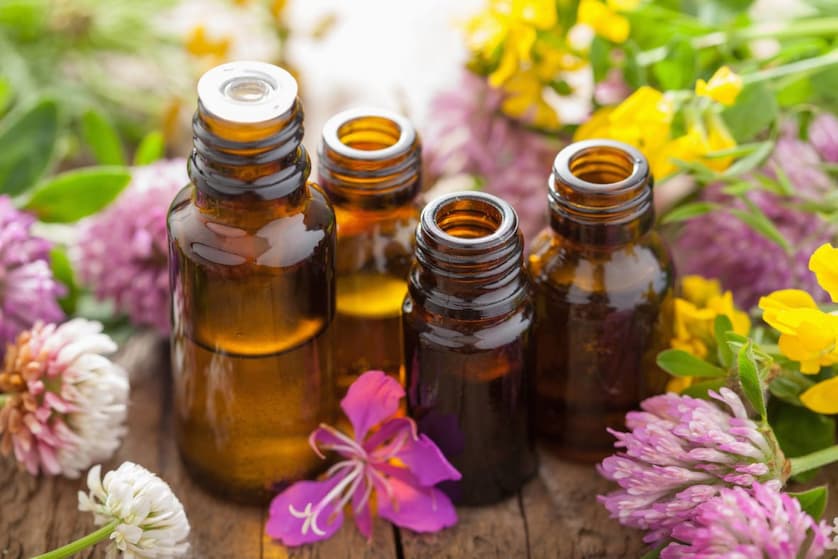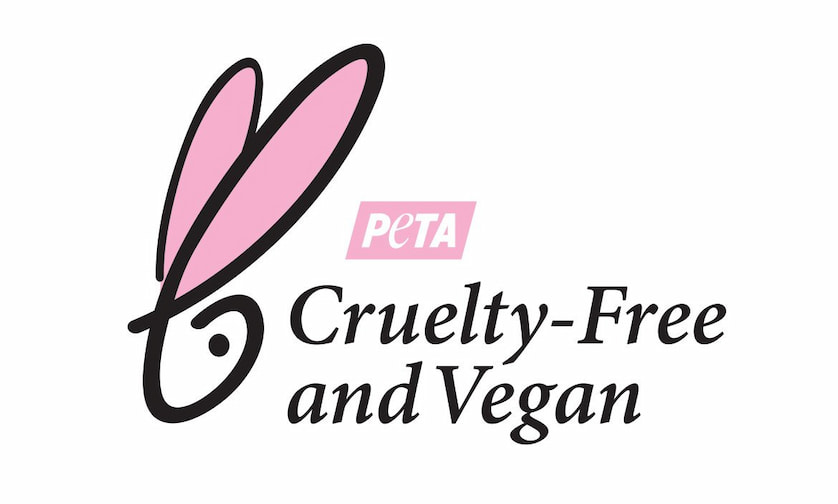Contents
Are All Essential Oils Organic?
Being one of the most popular and sought-after scents, the main purpose of essentials oils is the one used in aromatherapy. Besides spreading that heavenly smell, certain essential oil blends can have a huge impact on our mood and health. But with the large selection on the market these days, you have to be cautious about what you choose, as it seems that not all essential oils for sale are pure. So, how do you know if essential oils are pure? How do you know that the chosen one is organic and safe to use? In order to be sure, you need to look for the following certifications.
Industry Certification
Since essential oils are known for their therapeutic effects, they need to be listed, registered or included in the Australian Register of Therapeutic Goods (ARTG) before being launched on the market. Said in simple words, the Therapeutic Goods Administration (TGA) is a division of the Australian Government Department of Health and Ageing the job of which is to regulate all therapeutic goods and medicines. Besides evaluating the products and medicines prior to being on the market, TGA also monitors them once they are on the market. This division of the Australian Government also regulates manufacturers of therapeutic goods, so they could meet acceptable standards of manufacturing quality.

Natural and Organic Certifications
ACO Certified Organic
When looking for organic essential oils Australia specialists recommend looking for ACO (Australian Certified Organic) certified essential oils. ACO oils are made of 95% certified organic ingredients and 5% ingredients that qualify as natural. So, when looking to buy pure Australian certified organic essential oils, look for ones that are accredited by ACO as this means that these essential oils have been obtained from organic plants. Plants that have been grown and processed without the use of synthetic chemicals, fertilisers or GMOs. Besides this, ACO also certifies products on behalf of COSMOS, so it wouldn’t be strange if you see an essential oil with both of these labels printed on its packaging.
COSMOS Organic and Natural
Founded in 2010, COSMOS is the international standard for natural and organic cosmetics. By being a global certifier, COSMOS is a result of five leading European certification bodies which work together in order to develop a worldwide cosmetic certification product scheme. Hence, if the chosen Australian certified organic essential oils have at least one of these two certifications (ACO and COSMOS), you can have peace of mind that you have made the right choice.
Cruelty-Free
Although this has nothing to do with the essential oils’ purity, you can still opt for ones that are cruelty-free. By seeing the bunny logo, you can be sure that the manufacturer cares about the environment and all its creatures. Just keep in mind that some of them can put on a fake logo, so in order to differ them, make sure you understand which are the certified cruelty-free logos.

Be Cautious with the Following Industry Terms
Food Grade
In case you see the term ‘food grade’ on the back of the label of essential oil, this doesn’t mean that the oil is edible and safe to ingest. The companies promoting their essential oils in that way are risking their own manufacturing contracts and the health of their customers. Although there is a chance for you to see that some essential oils can be certified by HACCP (Hazard Analysis Critical Control Points), it’s really not recommended essential oils to be used in food or as a dietary supplement. Instead, it’s safe for you to use them topically or by inhalation therapy.
Therapeutic Grade
The CPTG (Certified Pure Therapeutic Grade) certification is a registered trademark, but not a recognised standard of assessment to verify the quality of essential oils. In other words, this logo can show only the manufacturer’s guarantee of quality, as the validation of this term can be judged only by the manufacturer itself.

Natural and Organic Product name
When looking to buy the ideal organic essential oil for you, you also need to be cautious about the terms ‘natural’ and ‘organic’ on the product’s packaging. That is because a lot of self-regulated companies have the freedom to make branding label claims to persuade potential buyers. In other words, this ‘label’ can only be used as a trademark name, and not as an indication of the product’s purity.
As you can see, choosing pure essential oil is not that hard. What it takes is paying attention to the labelling and looking for organic certifications as this is the only way to be sure that the product has been produced in the most innocent and pure way to the planet and to you. By choosing pure organic and Australia certified essential oil, you can have peace of mind when using it. When used topically, mix it with a carrier oil – coconut is the most commonly used one due to its numerous benefits.











